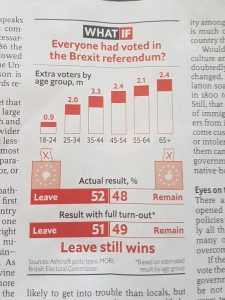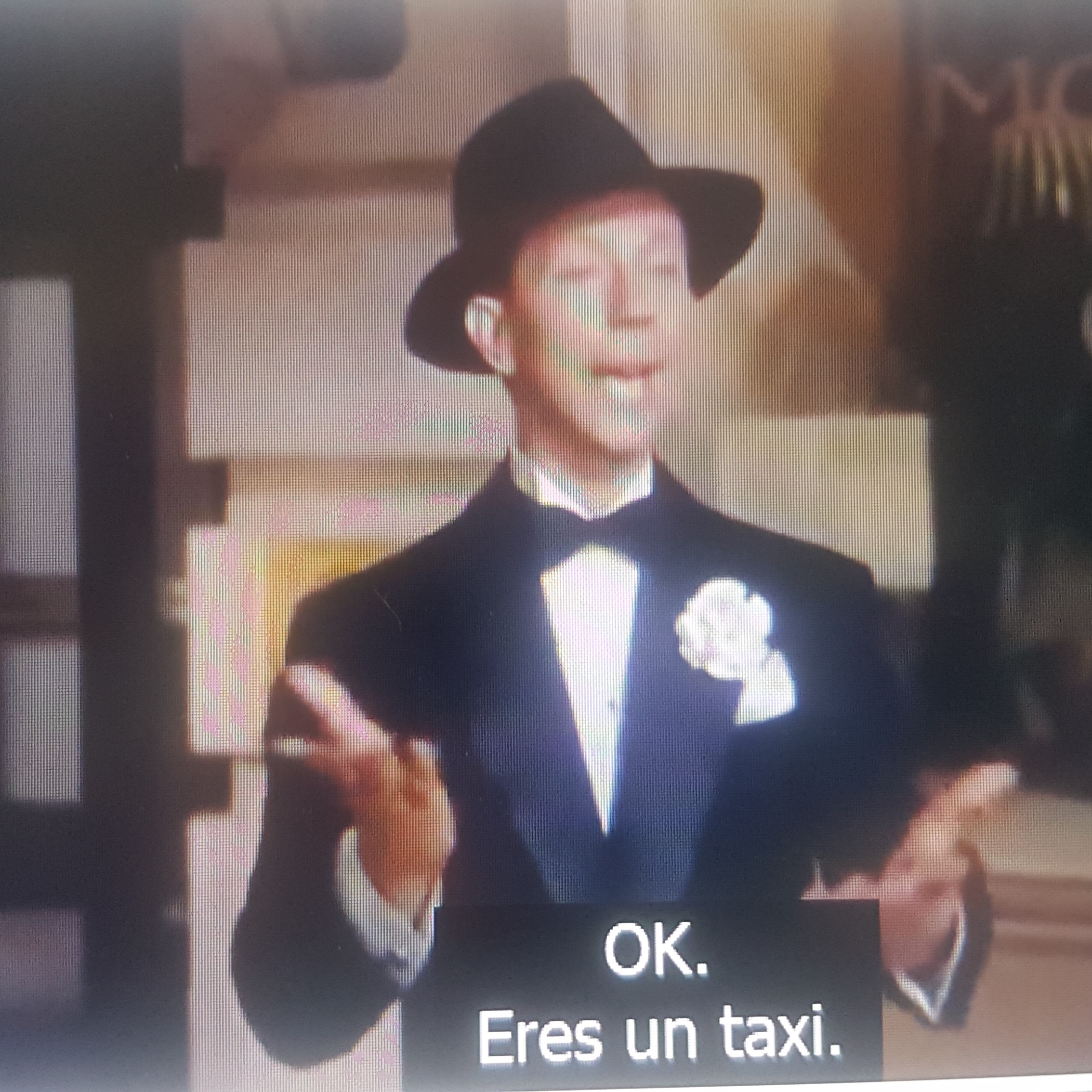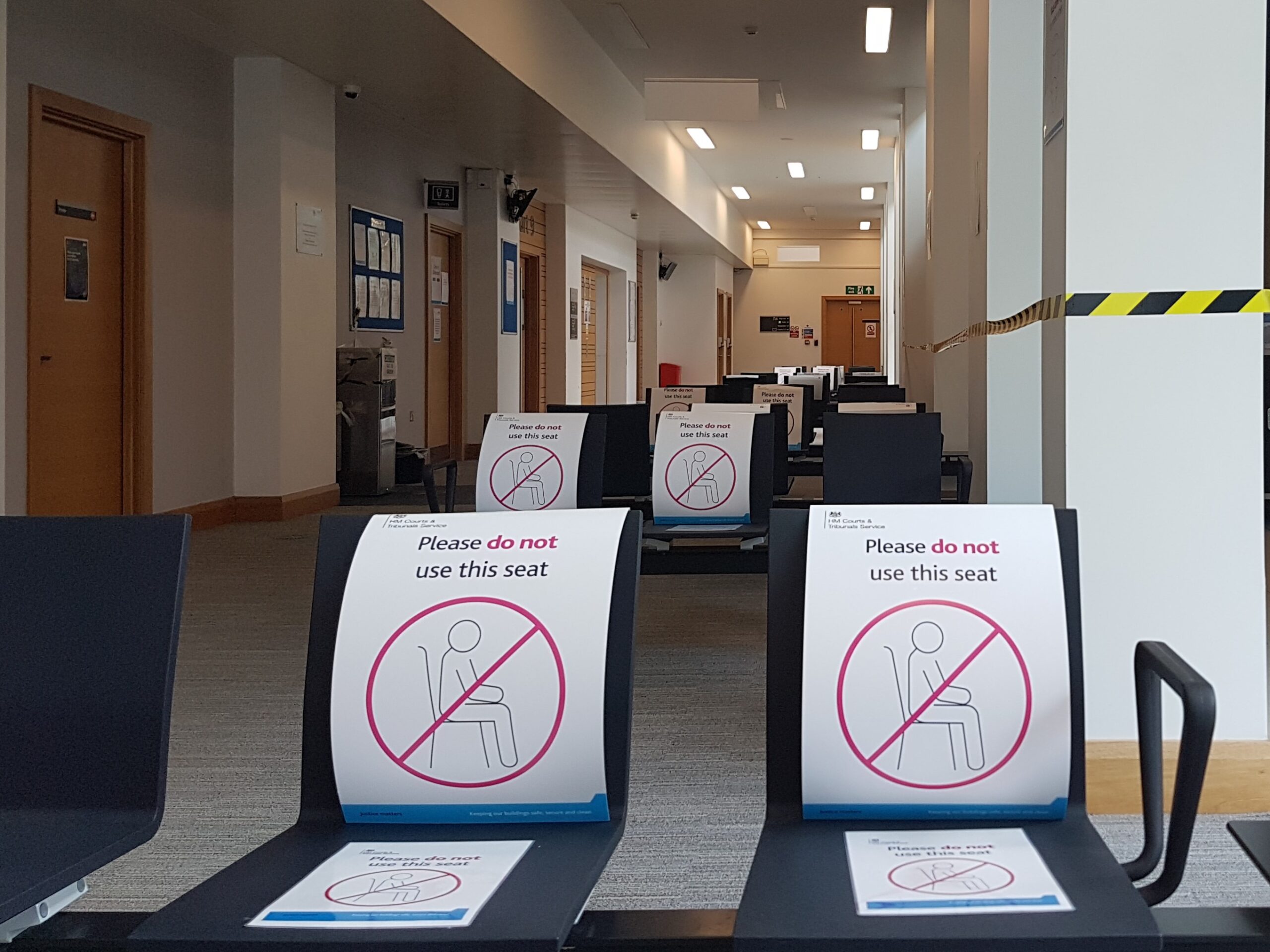What if?
 I am new to blogging and this was supposed to go up on 25th July but what with workloads, holiday preparations and holding together one’s marbles just long enough before going away on said holiday I didn’t get round to it. So here it is now.
I am new to blogging and this was supposed to go up on 25th July but what with workloads, holiday preparations and holding together one’s marbles just long enough before going away on said holiday I didn’t get round to it. So here it is now.
25th July 2017
I am a ‘remainer’. There, I have said it and nailed my colours to the mast. This is not what an interpreter or translator should do. You are supposed to spend your time being neutral and impartial. However, the interpreter’s motto is ‘Universal Understanding’ and if some of that could be brought to bear on the United Kingdom right now I think that it would go a long way.
However, that is advice that I need to take myself. Ever since 24th June 2016 I have been convinced that things need not have been the way that they turned out. When I heard the result of the ‘Brexit’ referendum that Friday morning I was adamant that if the 30-33% of the British public who did not vote had voted then the result would have been completely different. Discussing matters with family, friends and colleagues over the intervening year did not dissuade me from my point of view. I walked about thinking “What if?” Basically, I refused to accept defeat and hoped that a ‘Breversal’ would come about, especially after April’s general election result.
Then, last week (18th July 2017) I saw something curious on the cover of ‘The Economist’. ‘Our Annual Supplement: The World If’ was the heading. I was intrigued so I bought it. Reading the ‘What If’ pages I spotted a graph entitled ‘What if everyone had voted in the Brexit Referendum?’ I was sure that I was about to be vindicated but as I looked down I saw that had there been a full turn-out it would not have made much difference, at least in The Economist’s estimation. The Leave campaign would still have won. The accompanying article, ‘The Battle Beyond Brexit’ did nothing to quell my fears about our fate in the short and medium term.
Reading this week’s (25th July 2017) ‘Economist’ gave my remaining heart a little bit of hope because it would seem that 52% of British voters want a soft Brexit. I hope so. Right now I don’t care too much whether the UK negotiates EEA membership, EFTA membership, a customs union or a free trade deal, just as long as we get negotiating and provide certainty for all the people and companies who need it. I am all in favour of long transitional arrangements because uncoupling ourselves from a trade block that we have been trading with for over forty-four years is going to take some time.



